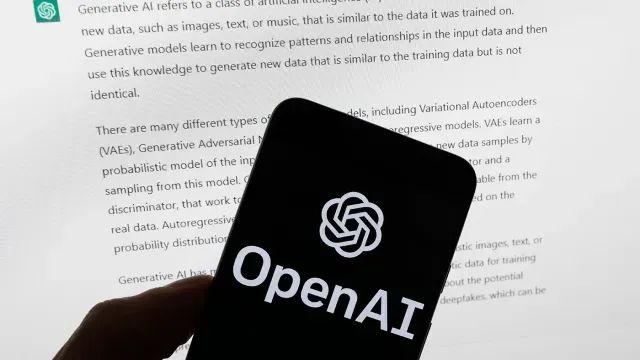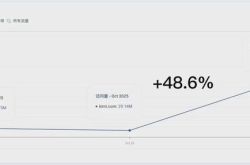OpenAI's report: AI models have been used to interfere with electoral activities, seriously affecting the US general election
![]() 10/12 2024
10/12 2024
![]() 564
564

Edited by Yuki | ID: YukiYuki1108
In a report, OpenAI mentioned that the company has continuously observed some threat actors attempting to use ChatGPT to influence election results. Since January this year, OpenAI has successfully blocked "more than 20 attempts globally to exploit our models and fake networks."
This year is a crucial year for global elections, affecting more than 4 billion people in over 40 countries. ChatGPT has gradually become one of the tools used by some cyber forces to influence global democratic elections.
In a 54-page report released on Wednesday, the developers of ChatGPT stated that they have disrupted "more than 20 attempts globally to exploit our models and fake networks." These threats include the use of AI-generated articles and content posted on fake social media accounts.
The company explained that publishing this update on "influence and cyber operations" was to provide a "snapshot" of their findings and identify "some initial trends that can inform discussions about how AI fits into broader threat scenarios."
OpenAI's report comes just one month before the US presidential election. Additionally, this year is a significant year for global elections, affecting over 40 countries and 4 billion people. Data from Clarity, a machine learning company, indicates that with the rise of AI-generated content, election-related misinformation has increased significantly, with the number of deepfakes growing by 900% year-on-year.
While misinformation in elections is not a new problem, as early as the 2016 US presidential election, Russia used inexpensive and simple methods to spread misinformation on social media. By 2020, a vast amount of misinformation about COVID-19 vaccines and election fraud flooded social platforms.
Today, lawmakers are paying closer attention to the development of generative AI. This technology has developed rapidly since the launch of ChatGPT at the end of 2022 and is widely used by various enterprises.
OpenAI mentioned in its report that AI applications related to elections vary in complexity, ranging from simple content generation requests to multi-stage social media analysis and responses. Most of the generated social media content relates to elections in the United States and Rwanda, followed by India and the European Union.
In August this year, OpenAI exposed an Iranian project that used its products to generate long articles and social media comments about the US election and other topics. However, these posts had limited engagement, with almost no likes, shares, or comments. In July, OpenAI banned some election-related ChatGPT accounts in Rwanda from posting comments on Platform X. In May, an Israeli company used ChatGPT to generate social media comments related to Indian elections, which OpenAI addressed within 24 hours.
In June this year, OpenAI also disclosed a covert operation using its products to comment on France's European Parliament elections and political situations in the United States, Germany, Italy, and Poland. While most posts received few likes or shares, some did receive genuine human responses.
OpenAI emphasized that all election-related operations failed to achieve "viral spread" or build "a sustained audience" through the use of ChatGPT and other tools.







